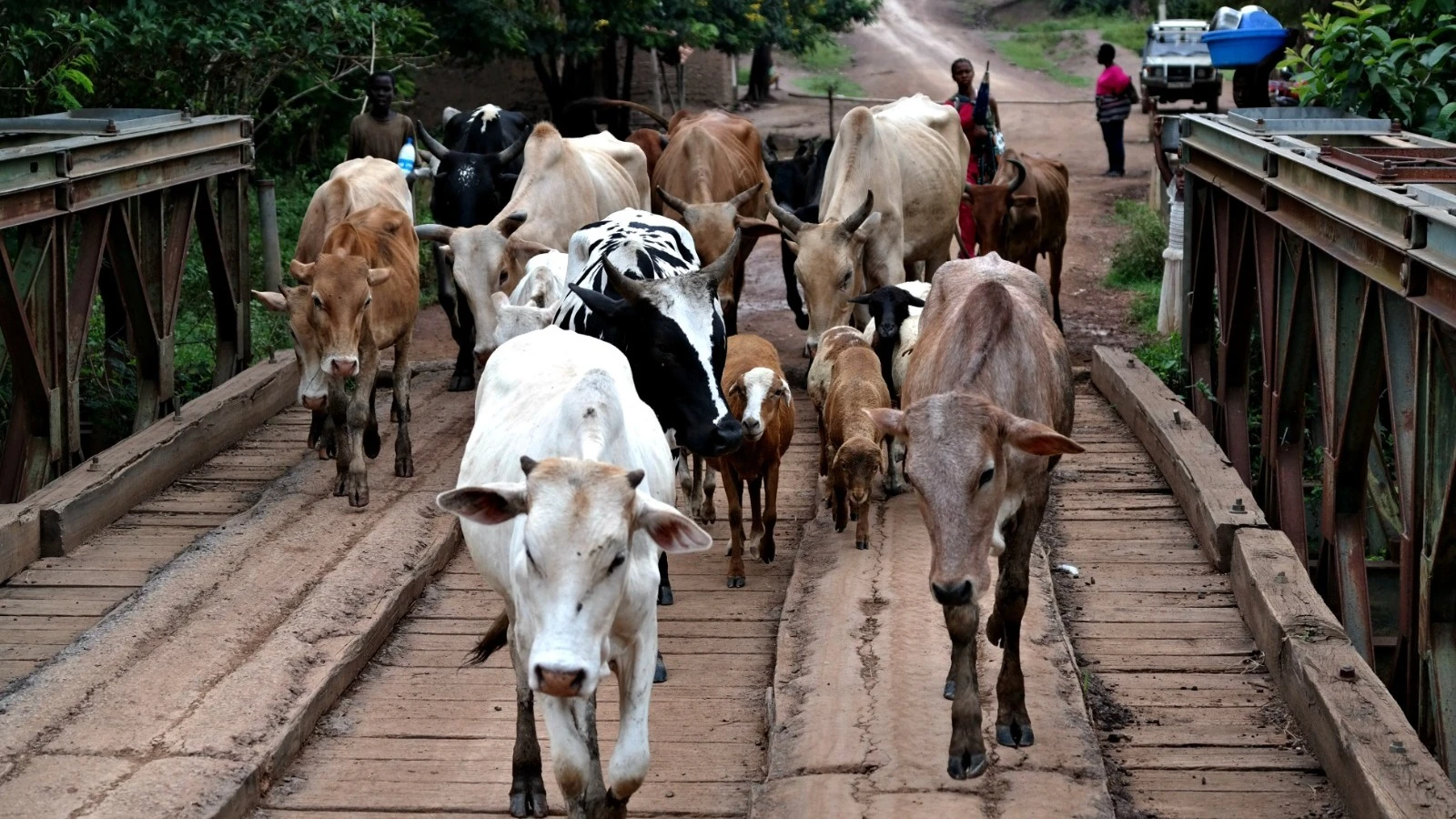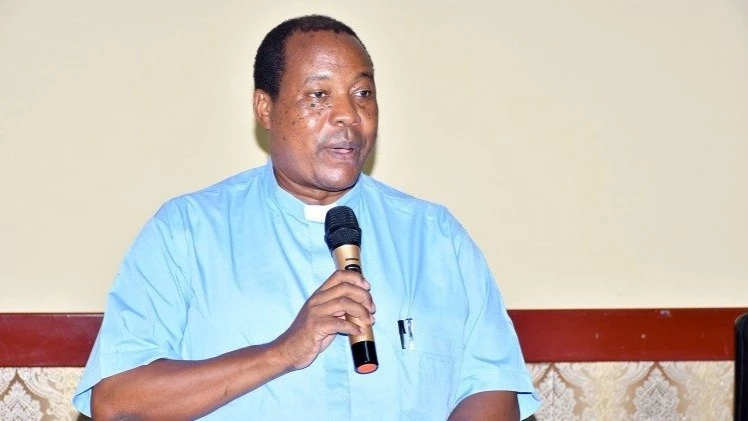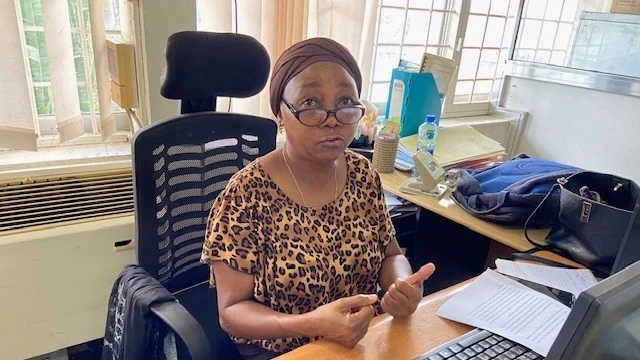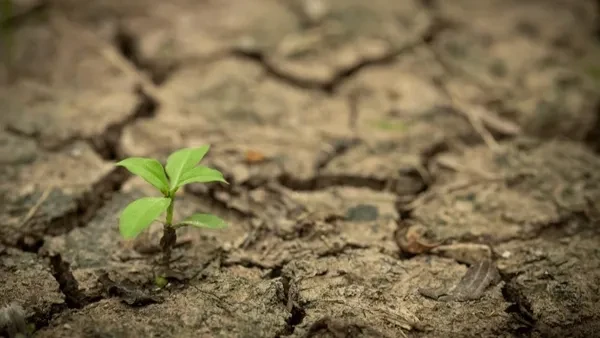Pastoralists take up farming to diversify income sources

MAASAI pastoralists in Kiteto District, Manyara Region, are increasingly turning to modern agriculture and livestock keeping in a bid to improve productivity and diversify their income sources beyond traditional cattle rearing.
The shift marks a significant transformation among communities that have long depended solely on livestock. Now, crops such as sunflower, maize, beans, sorghum and pigeon peas are being cultivated, opening new income streams and boosting food security.
Paulina Lendei, Chairperson of CCM Women’s wing (UWT) in Partimbo Ward, shared these developments during a recent meeting focused on the challenges faced by Non-Governmental Organizations (NGOs) and Civil Society Organizations (CSOs) working in the district. The event, organized by Women Action Towards Economic Development (WATED) with support from Women Fund Tanzania Trust (WFTT), brought together women pastoralists from Kiteto and Simanjiro, as well as farmers and entrepreneurs from various districts including Ngara, Lindi, Mtwara, Kigoma, Mafia and Karagwe.
Lendei, who has received training from Sustainable Agriculture Tanzania (SAT), has been actively educating communities in Partimbo Ward on sustainable farming and livestock practices. Her work aims to support a shift from traditional methods to modern, productive systems that meet market demands and environmental standards.
"I'm proud of the progress made. More and more Maasai grow crops that were previously uncommon here. We now have regular buyers from Morogoro and Dodoma regions, which improve livelihoods," she said.
Alongside agricultural education, Lendei advocates for environmental conservation and better land use planning. She raised alarm over increasing encroachment into the Ndirango area—a zone set aside for livestock grazing and water resources—which is now threatened by illegal farming and charcoal production.
Women in the community are calling for immediate government intervention. They claim that people from neighbouring villages clear forests within Ndirango, endangering crucial grazing land and water sources. According to Lendei, the activities are reportedly facilitated by local leaders who are allegedly involved in illegal land sales.
“We urge Kiteto District Commissioner to visit the area and take action. This land was designated for livestock. We’ve asked the invaders to leave, but they say they bought the land from village leaders. This must be stopped,” she said.
With deforestation accelerating, women are forced to walk up to 20 kilometres in search of pasture. Lendei warned that unless the government acts, the entire forest could disappear, worsening the impact of droughts on pastoralist families—especially women and children left behind when men migrate in search of greener pastures.
“When we approach village leaders, they claim they work on it, but nothing changes. The wind is now stronger with no trees to block it. Forests are vanishing, and even the fines collected from invaders seem to vanish too,” Lendei added.
The women appealed for transparent governance, enforcement of land use regulations and protection of designated livestock areas to safeguard their livelihoods and environment.
Top Headlines
© 2025 IPPMEDIA.COM. ALL RIGHTS RESERVED






















